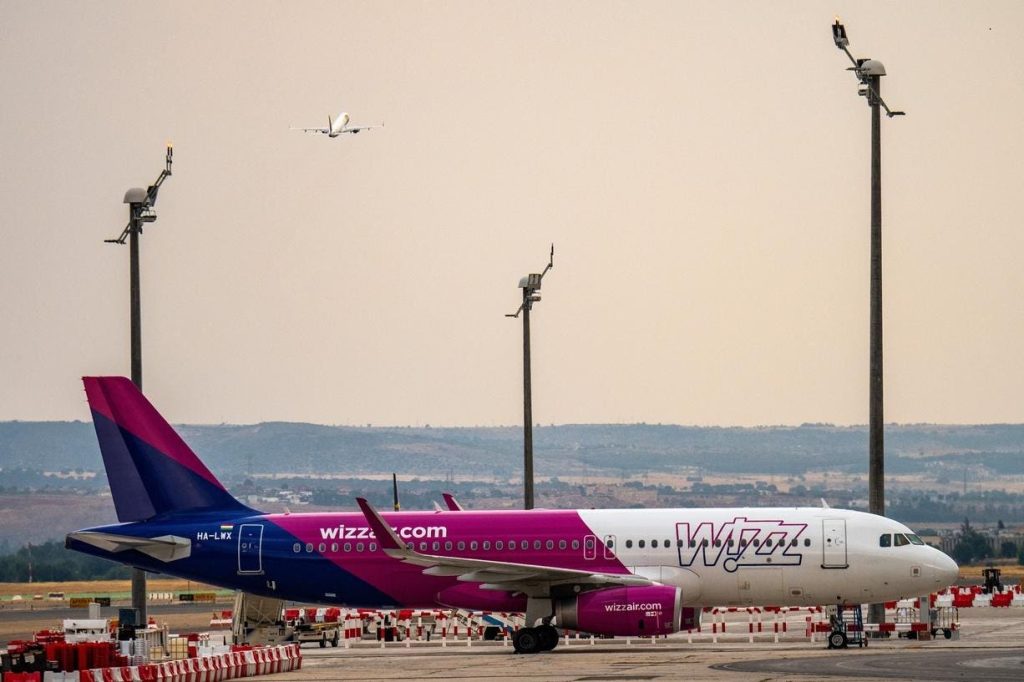Low-cost carrier Wizz Air announced a return to profit for the last financial year, causing its shares to rise by 5.8% to £20.76 per share. The company reported a 30.2% surge in revenues to €5.1 billion, with a net profit of €365.9 million compared to a loss of €535.1 million the previous year. Passenger numbers increased by 21.4% to over 62 million, and the load factor improved to 90.1%.
Despite these positive results, Wizz Air faced challenges due to aircraft groundings related to issues with Pratt & Whitney’s GTF engine. As of May 17, 47 of the company’s planes were grounded, representing 22% of its total fleet, a number expected to rise to 50 by September. Wizz Air stated that it had secured a support and compensation package from Pratt & Whitney to mitigate the operational and financial impact on the business.
Chief executive József Váradi noted that healthy demand for air travel had been a defining feature of the year, indicating a longer-term trend in consumer behavior post-pandemic. While capacity expectations for the year have been moderated, new aircraft deliveries continue, and efforts to drive productivity and utilization have been successful. Wizz Air expects RASK to rise by high single-digit percentages in financial 2025, leading to an improved net profit of between €500 million and €600 million.
Analyst Mark Crouch of eToro praised Wizz Air’s record passenger numbers, improving load factors, and lower unit costs that contributed to the airline’s profitability. However, he acknowledged that disruptions caused by conflicts in Ukraine and the Middle East, as well as ongoing issues with Pratt & Whitney engines, have impacted the company’s bottom line. Despite these challenges, Wizz Air remains optimistic about the robust demand for air travel and expects a higher yield environment as industry capacity remains constrained.
Wizz Air anticipates that capacity per ASK will remain flat this year due to the grounding issues, with the load factor expected to increase to 92%. CASKs excluding fuel are predicted to rise by high single-digit percentages, while fuel CASKs are expected to remain flat year on year. The company aims to continue driving productivity and utilization to maintain its strong position in the market and capitalize on the sustained healthy demand for air travel in its key markets.
In conclusion, Wizz Air’s return to profit signals a positive outlook for the company despite challenges such as aircraft groundings and geopolitical disruptions. The strong performance in passenger numbers, load factors, and cost reductions demonstrates the resilience of the low-cost carrier. With a focus on driving productivity and utilization, Wizz Air is well-positioned to capitalize on the long-term trend of consumer behavior post-pandemic and continue its growth trajectory in the aviation industry.


